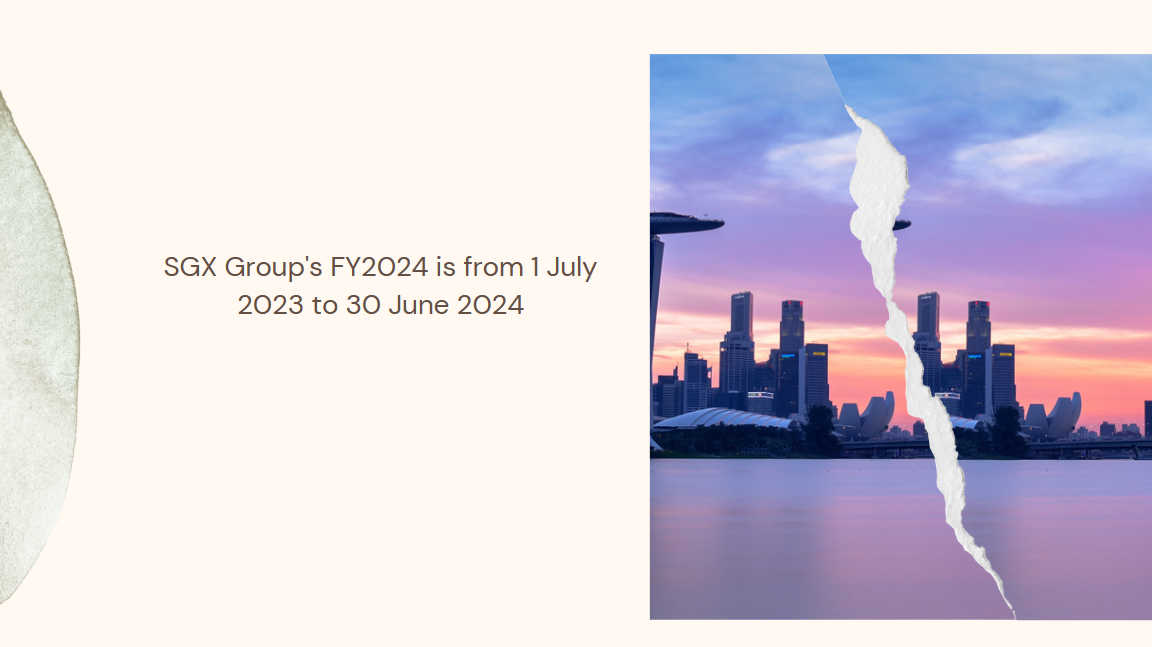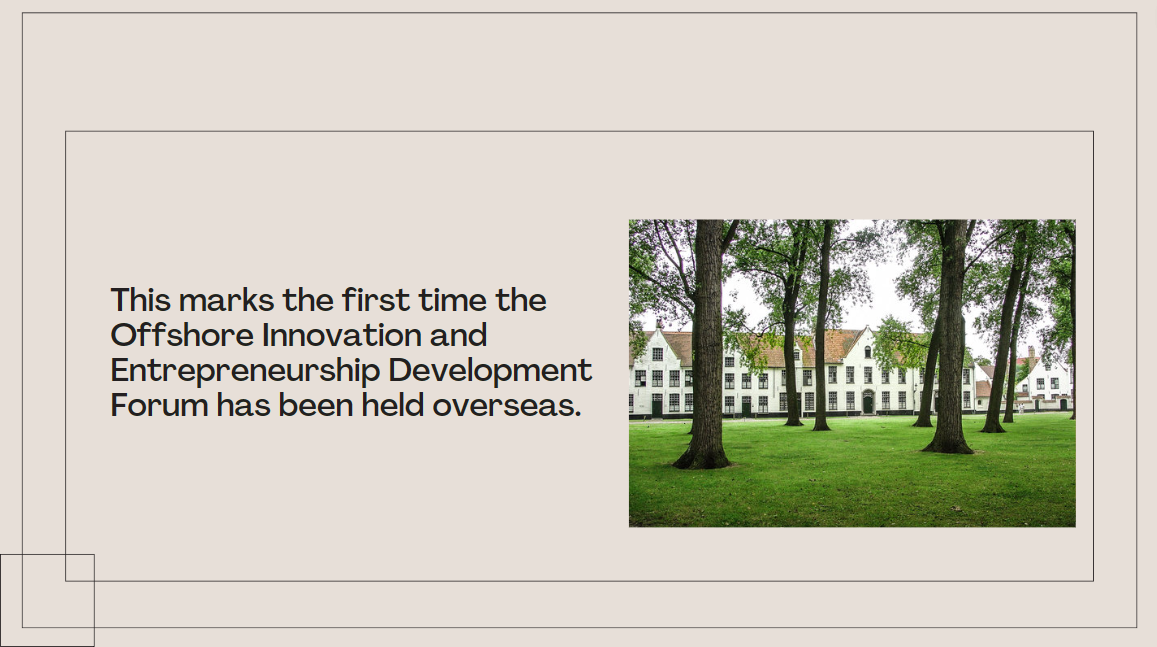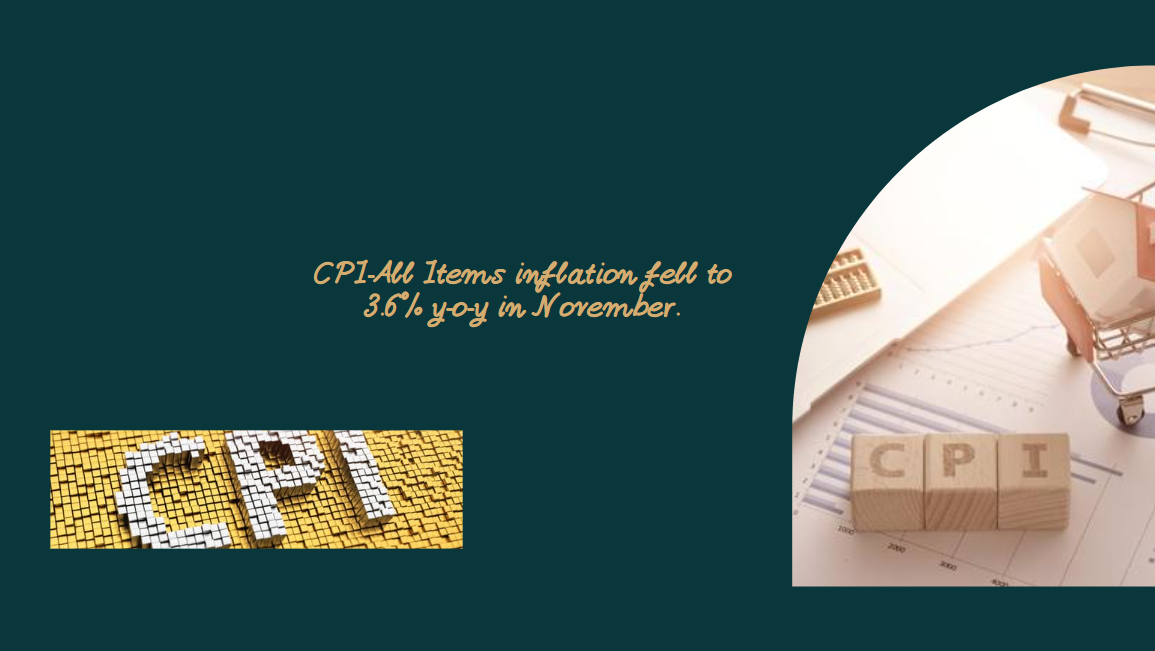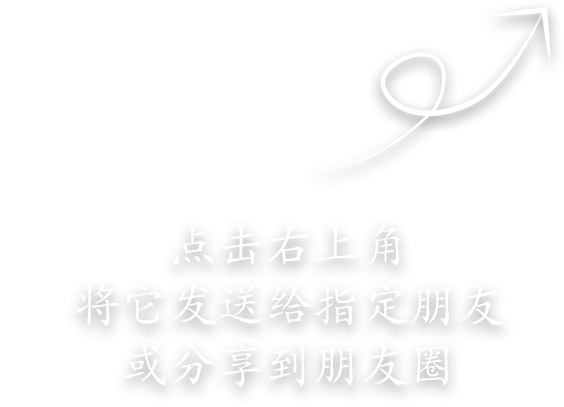Explanatory Brief: The Financial Institutions (Miscellaneous Amendments) Bill 2024
Minister of State, Ministry of Culture, Community and Youth and Ministry of Trade and Industry, Mr Alvin Tan, on behalf of Deputy Prime Minister and Minister-in-charge of the Monetary Authority of Singapore (“MAS”), Mr Lawrence Wong, today moved the Financial Institutions (Miscellaneous Amendments) Bill 2024 (“FIMA Bill”) for First Reading in Parliament.
2 The FIMA Bill enhances and rationalises MAS' investigative, reprimand, supervisory and inspection powers across various Acts under MAS' purview. These Acts are namely (a) Financial Advisers Act 2001 (“FAA”); (b) Financial Services and Markets Act 2022 (“FSMA”); (c) Insurance Act 1966 (“IA”); (d) Payment Services Act 2019 (“PS Act”); (e) Securities and Futures Act 2001 (“SFA”); and (f) Trust Companies Act 2005 (“TCA”). The Bill also includes miscellaneous amendments to certain Acts under MAS' purview which are – (a) consequential from the introduction of new processes; (b) clarificatory or technical in nature; and (c) meant to update the provisions or remove certain administrative constraints.
3 MAS has conducted public consultation on the key amendments in the FIMA Bill. Comments received have been incorporated, where appropriate, into the FIMA Bill.
KEY AMENDMENTS IN THE FIMA BILL
4 Amendments have been made to four key areas, which are briefly described below.
(I) Enhance MAS' investigative powers
5 To strengthen MAS' evidence-gathering powers and facilitate greater inter-agency coordination, MAS will introduce several enhancements to its investigative powers under the SFA and the FAA, and amend the IA, PS Act, TCA and the FSMA (collectively, the “other Acts”) to broadly align the investigative powers under the other Acts with those under the SFA and FAA. The main changes are as follows:
(a) Power to compel individuals to attend interviews and record written statements. The existing power under the SFA and FAA to compel individuals to attend interviews and record written statements will be extended to the other Acts.
(b) Entering premises without warrant. The existing power to enter premises without a warrant under the SFA and FAA will be enhanced to allow MAS to do so without giving prior notice, where there are reasonable grounds for suspecting that the premises are or have been occupied by a person who is being investigated in relation to a contravention under the SFA and FAA. This power will also be extended to the other Acts.
(c) Obtaining court warrant to seize evidence. Under the SFA, FAA and TCA, MAS can obtain a Court warrant to enter premises and seize evidence when a person has failed to comply with an order to produce information, or evidence may be destroyed or tampered with. This power will be extended to the IA, PS Act and FSMA.
(d) Transfer of evidence between MAS and other agencies. The current provisions in the SFA and FAA that enable evidence to be transferred between MAS and the Commercial Affairs Department (“CAD”) or the Attorney-General's Chambers (“AGC”) have been expanded and extended to the other Acts. This will enable (i) MAS to use evidence obtained by other agencies under the Criminal Procedure Code 2010 for MAS’ investigations, regulatory actions, as well as in appeals against the latter; and (ii) CAD and AGC to use evidence gathered via MAS’ exercise of statutory investigative powers for criminal proceedings.
(II) Clarify applicability of MAS' reprimand powers
6 Currently, under the SFA, FAA and TCA, MAS may reprimand a “relevant person” (which refers to financial institutions regulated by MAS under those Acts or employees, officers, partners or representatives of such regulated financial institutions), whom MAS is satisfied to be guilty of misconduct.
7 The FIMA Bill makes it clear that MAS’ powers under those Acts allow MAS to reprimand a person who was a “relevant person” at the time of the misconduct, even if the person has ceased to be a “relevant person” since the misconduct, i.e. the person is no longer regulated by MAS or has left the employ of a regulated financial institution.
(III) Expand MAS' powers to issue directions to capital markets services licence holders (“CMSL holders”) that conduct unregulated business
8 CMSL holders may conduct unregulated businesses such as offering products that are not regulated by MAS (e.g. bitcoin futures and other payment token derivatives traded on overseas exchanges), which may pose contagion risks to their regulated activities. For instance, losses from unregulated businesses could adversely affect a CMSL holder's ability to meet its obligations to customers in its regulated activities. While MAS has issued guidance to CMSL holders to adopt risk-mitigating measures if they conduct unregulated businesses with retail investors, the FIMA Bill will now allow MAS to issue written directions on the minimum standards and safeguards that should be in place when CMSL holders and their representatives conduct unregulated businesses.
(IV) Enhance supervisory and inspection powers
9 MAS will enhance its supervisory and inspection powers under the SFA, FAA and TCA, to ensure that it has consistent powers across these Acts and to align with the Banking Act 1970.
10 We set out a summary of the key amendments in the FIMA Bill below:
(a) Appointment and removal of key persons: The SFA will have approval requirements for the appointment of chief executive officers and directors of Singapore-incorporated recognised market operators (“RMOs”), Singapore-incorporated recognised clearing houses (“RCHs”) and approved trustees (“ATs”). The provisions in the FAA and TCA on the appointment of key persons (e.g. chief executive officers, resident managers or directors) of licensed financial advisers (“LFAs”) and licensed trust companies will also be amended to align with provisions in the SFA. The grounds for removal of key persons in these Acts will be aligned to a single fit and proper test;
(b) Obtaining effective control: Existing approval requirements in the SFA and FAA for controllers of CMSL holders and LFAs will be refined so that MAS' approval is only required prior to a person obtaining effective control. Approval requirements will be extended to controllers of RMOs, RCHs and ATs;
(c) Appointment of agents by foreign regulators: MAS’ powers will be expanded to enable MAS to approve the appointment of agents by foreign regulators to conduct inspection of specified financial institutions under the SFA;
(d) Appointment of external auditors: There will be new requirements and powers in the SFA pertaining to the appointment of external auditors of approved exchanges, approved clearing houses, licensed trade repositories, and approved holding companies;
(e) Failure to exercise reasonable care in submission of information: It will be an offence in the SFA, FAA and TCA if a person, other than an individual, fails to exercise reasonable care in ensuring the accuracy of information submitted to MAS, even if the information is not false or misleading in any material particular; and
(f) Service of documents: There will be similar and consistent provisions in the SFA, TCA and FAA, for service of notices, orders or documents by registered post and electronic service.























































First, please LoginComment After ~